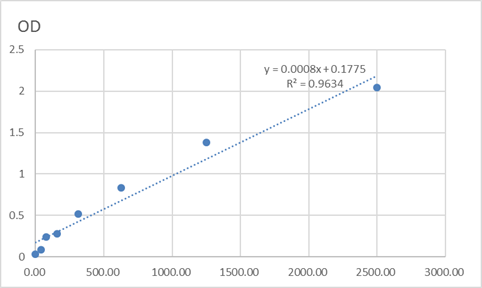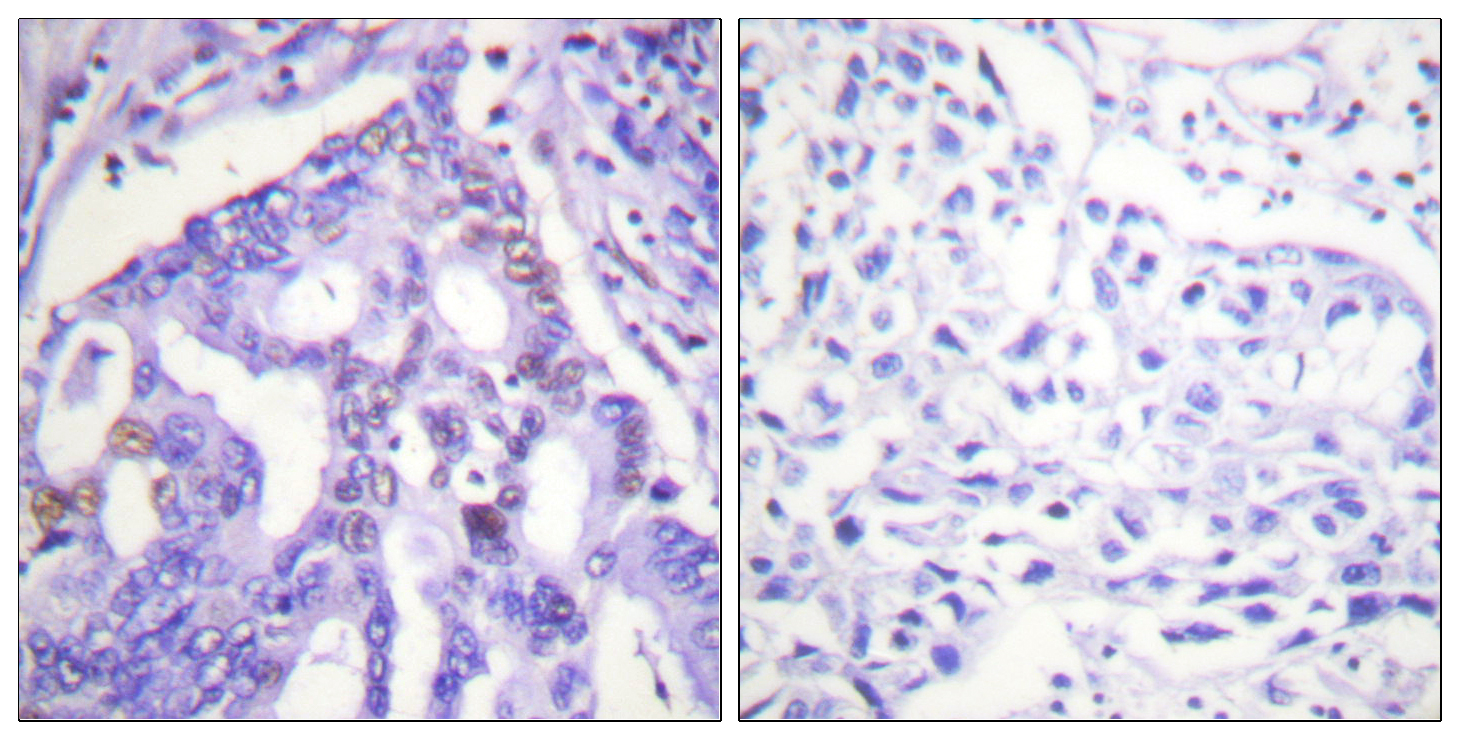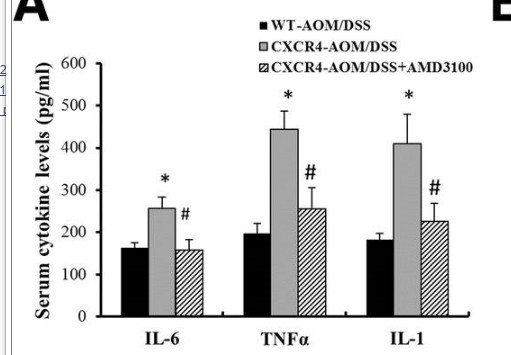Total PIASy Cell-Based Colorimetric ELISA Kit
- Catalog No.:KA3413C
- Applications:ELISA
- Reactivity:Human;Mouse
- Gene Name:
- PIAS4
- Human Gene Id:
- 51588
- Human Swiss Prot No:
- Q8N2W9
- Mouse Swiss Prot No:
- Q9JM05
- Storage Stability:
- 2-8°C/6 months
- Other Name:
- E3 SUMO-protein ligase PIAS4 (EC 6.3.2.-) (PIASy) (Protein inhibitor of activated STAT protein 4) (Protein inhibitor of activated STAT protein gamma) (PIAS-gamma)
- Detection Method:
- Colorimetric
- Background:
- domain:The LXXLL motif is a coregulator signature that is essential for transcriptional corepression.,function:Functions as an E3-type small ubiquitin-like modifier (SUMO) ligase, stabilizing the interaction between UBE2I and the substrate, and as a SUMO-tethering factor. Plays a crucial role as a transcriptional coregulation in various cellular pathways, including the STAT pathway, the p53 pathway, the Wnt pathway and the steroid hormone signaling pathway. Involved in gene silencing. Promotes PARK7 sumoylation. In Wnt signaling, represses LEF1 and enhances TCF4 transcriptional activities through promoting their sumoylations.,pathway:Protein modification; protein sumoylation.,PTM:Sumoylated. Lys-35 is the main site of sumoylation. Sumoylation is required for TCF4 sumoylation and transcriptional activitation. Represses LEF1 transcriptional activity. SUMO1 is the preferred conjugate.,similarity:Belongs to the PIAS family.,similarity:Contains 1 SAP domain.,similarity:Contains 1 SP-RING-type zinc finger.,subcellular location:Colocalizes with SUMO1 and TCF7L2/TCF4 and LEF1 in a subset of PML (promyelocytic leukemia) nuclear bodies.,subunit:Interacts with AR, GATA2, LEF1, TP53 and STAT1 (IFNG-induced). Binds to AT-rich DNA sequences, known as matrix or scaffold attachment regions (MARs/SARs) (By similarity). Interacts with TICAM1. Interacts with KLF8; the interaction results in SUMO ligation and repression of KLF8 transcriptional activity and of its cell cycle progression into G(1) phase.,tissue specificity:Highly expressed in testis and, at lower levels, in spleen, prostate, ovary, colon and peripheral blood leukocytes.,
- Function:
- negative regulation of transcription from RNA polymerase II promoter, transcription, regulation of transcription, DNA-dependent, regulation of transcription from RNA polymerase II promoter, proteolysis, cell surface receptor linked signal transduction, macromolecule catabolic process, negative regulation of biosynthetic process, negative regulation of macromolecule biosynthetic process, positive regulation of macromolecule metabolic process, negative regulation of macromolecule metabolic process, negative regulation of gene expression, Wnt receptor signaling pathway, negative regulation of transcription, protein sumoylation, modification-dependent protein catabolic process, protein catabolic process, negative regulation of cellular biosynthetic process, regulation of protein modification process, positive regulation of protein modification process, regulation of cellular protein metaboli
- Subcellular Location:
- Nucleus, PML body . Colocalizes with SUMO1 and TCF7L2/TCF4 and LEF1 in a subset of PML (promyelocytic leukemia) nuclear bodies. .
- Expression:
- Highly expressed in testis and, at lower levels, in spleen, prostate, ovary, colon and peripheral blood leukocytes.
- June 19-2018
- WESTERN IMMUNOBLOTTING PROTOCOL
- June 19-2018
- IMMUNOHISTOCHEMISTRY-PARAFFIN PROTOCOL
- June 19-2018
- IMMUNOFLUORESCENCE PROTOCOL
- September 08-2020
- FLOW-CYTOMEYRT-PROTOCOL
- May 20-2022
- Cell-Based ELISA│解您多样本WB检测之困扰
- July 13-2018
- CELL-BASED-ELISA-PROTOCOL-FOR-ACETYL-PROTEIN
- July 13-2018
- CELL-BASED-ELISA-PROTOCOL-FOR-PHOSPHO-PROTEIN
- July 13-2018
- Antibody-FAQs



